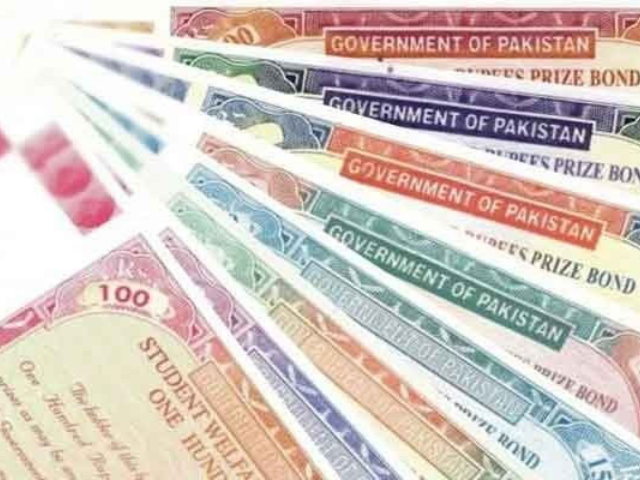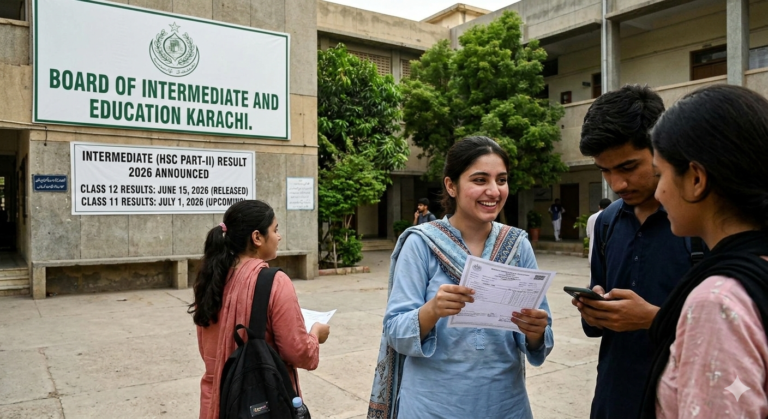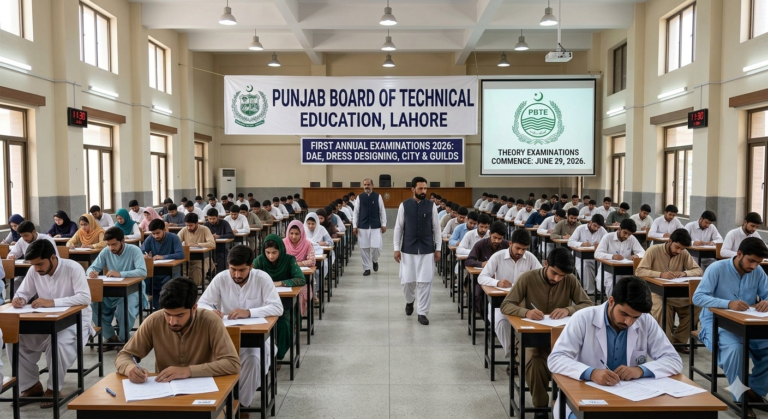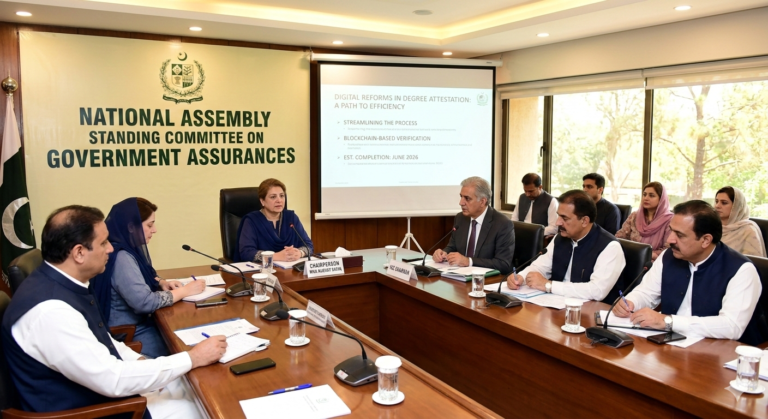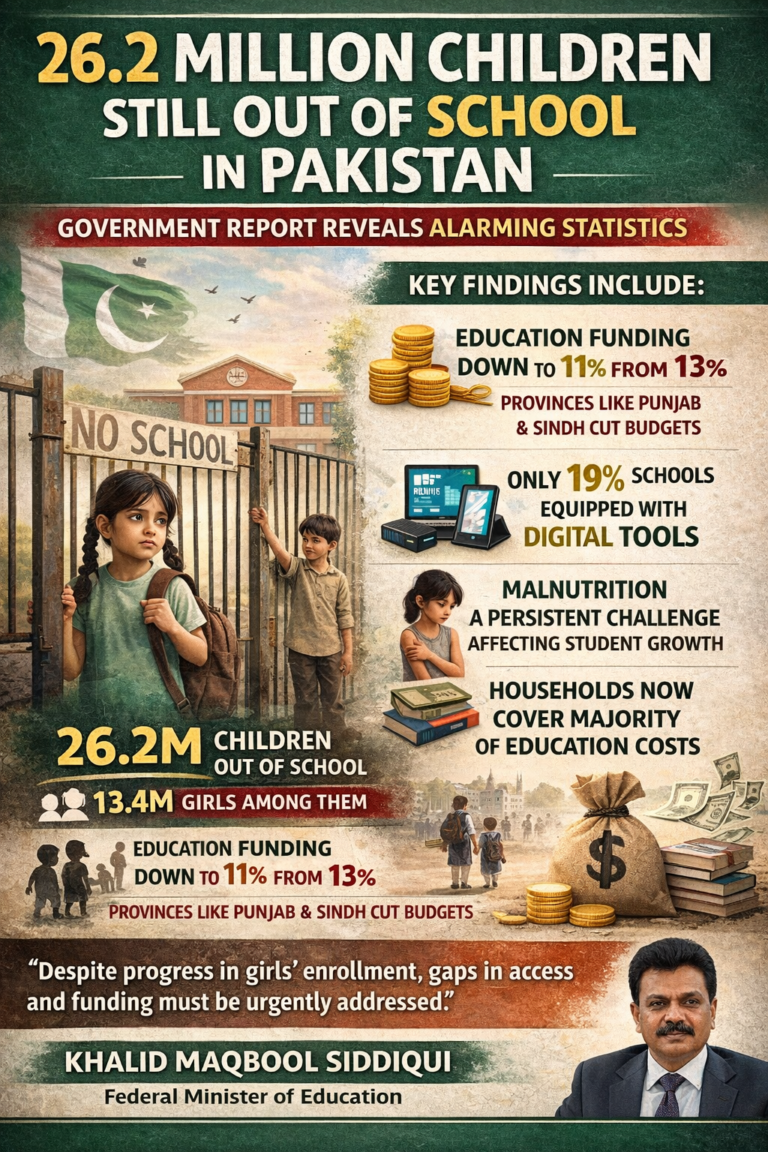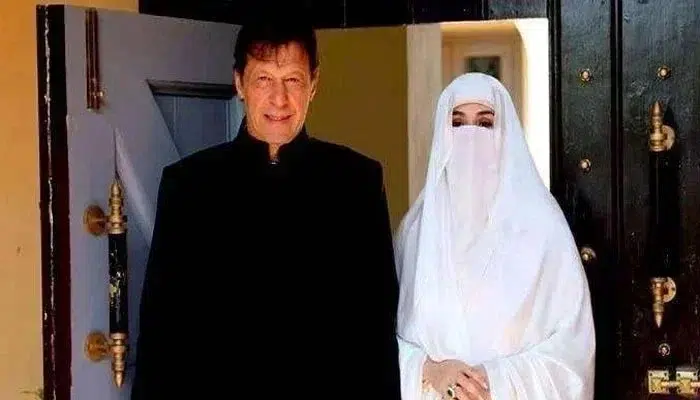
Imran Khan’s
Can Bushra Bibi Salvage Imran Khan? A Deep Dive into Her Role in Politics
Imran Khan’s marriage to Bushra Bibi, his spiritual adviser, sent waves across Pakistan, not just for its secrecy but for the influence she reportedly wields over the former Prime Minister. Today, her role extends beyond personal companionship, with speculations suggesting she could affect whether Khan returns to political office or remains incarcerated.
Early Encounters and Spiritual Connection
Khan was first introduced to Bushra Bibi by her older sister, Maryam. Khan, known for his introspective nature and frequent contemplation on religion and life, was encouraged to seek guidance from Bushra. Initially hesitant to meet outside family circles, Bushra agreed to a phone consultation. These conversations quickly became long, late-night discussions that forged a deep spiritual connection.
Over time, the calls developed into personal visits. Bushra’s then-husband, Khawar Manika, initially welcomed the attention a prominent public figure brought to his home. However, as her closeness to Khan grew, Manika expressed concern, noting the private nature of their meetings and Bushra’s insistence on one-on-one discussions with Khan.
By the end of 2017, Bushra Bibi divorced Manika, and on January 1, 2018, she secretly married Khan. Notably, Khan has claimed he had not even seen her face prior to their wedding, emphasizing that looks no longer mattered to the former playboy.
Influence During Khan’s Tenure
Once in office, Khan struggled to fulfill ambitious campaign promises such as creating an Islamic welfare state and generating 10 million jobs. Reports suggest that Bushra Bibi’s involvement in government affairs occasionally disrupted relations with key allies and cabinet members. Ministers and household staff allegedly criticized her for exerting significant influence over decisions, a claim that the Pakistan Tehreek-e-Insaf (PTI) party denies.
Bushra Bibi’s impact was not limited to policy; she reportedly guided Khan on political appointments, travel decisions, and even mundane day-to-day matters. Some accounts indicate she reviewed photographs of potential political candidates, advising Khan on whom to appoint, while on other occasions, she was consulted on travel timings based on auspicious moments.
Spiritual Authority and Public Perception
Bushra Bibi’s background in Sufi Islam contributed to her reputation as a spiritual guide. Over the years, she devoted herself to shrines and became an advisor to many who sought her counsel. Khan, struggling with the pressures of political life, frequently turned to her guidance. Friends and advisers suggest that her spiritual influence became a blind spot for Khan, often overshadowing pragmatic political considerations.
Stories of her mystical practices, including claims of black magic or ritualistic ceremonies, have circulated widely. While some former household staff allege these practices were real, PTI representatives dismiss them as politically motivated gossip from disgruntled individuals. Nevertheless, these narratives have added to her mystique and influence in Pakistan’s political imagination.
The Political Dilemma
Currently, both Khan and Bushra Bibi face legal challenges. Some PTI members hope Bushra Bibi might persuade Khan to negotiate with the military for his release, potentially facilitating the party’s return to power. Others advise Khan to maintain his principles and avoid compromise, emphasizing that yielding could compromise his political stance. Khan himself asserts that Bushra’s presence strengthens him, rather than creating a vulnerability.
Conclusion
Bushra Bibi’s journey from a private life in Punjab to a figure with national significance illustrates the intersection of personal relationships, spiritual guidance, and politics in Pakistan. Her influence over Imran Khan demonstrates how informal advisers, especially those with spiritual authority, can shape political narratives and decisions. Whether she will simply provide moral support or actively influence Khan’s political trajectory remains uncertain. What is clear, however, is that her presence has already left a lasting impact on Pakistan’s political landscape.


